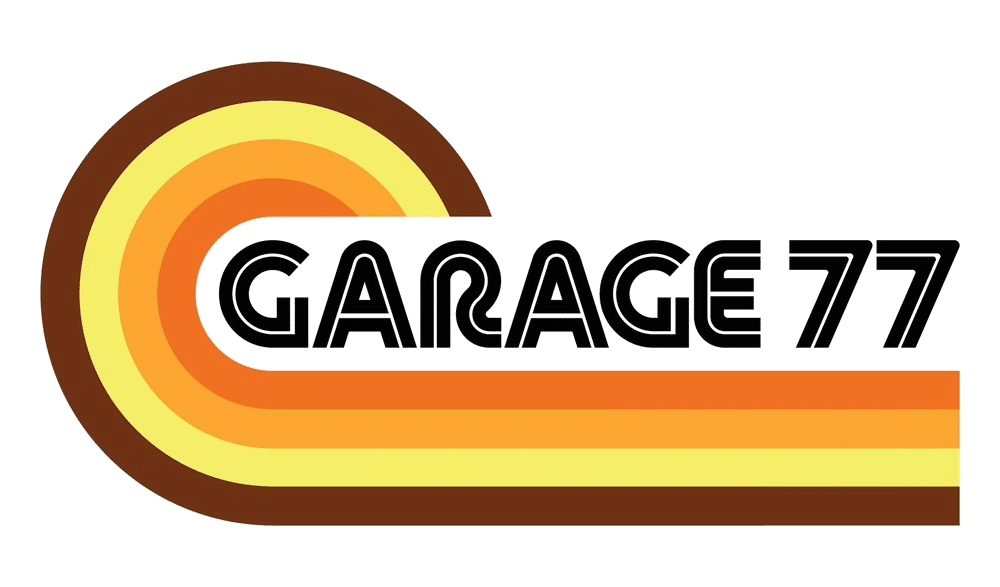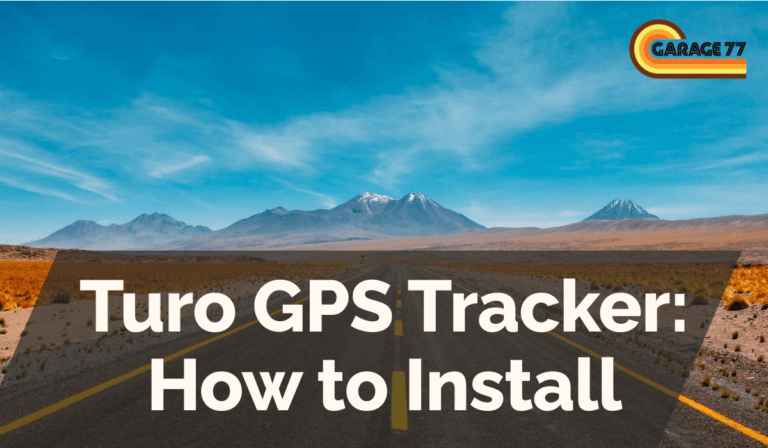Managing a fleet of vehicles can be challenging, but with the right tools and strategies, it can be much easier. One of the most effective tools for fleet management is Garage 77 Fleet GPS. This system provides real-time vehicle tracking, route optimization, and detailed reporting, making tracking your vehicles and drivers easier. In this article, we’ll explore some top fleet tracking tips for effective fleet management with Garage 77 Fleet GPS.
What is Fleet Management?
Fleet management oversees and organizes a company’s vehicles, including cars, trucks, and vans. The goal of fleet management is to ensure that vehicles are safe, efficient, and cost-effective. This involves tracking, maintaining, and optimizing the use of these vehicles.
Why is Fleet Management Important?
Proper fleet management can significantly impact a company’s bottom line. Fleet managers can reduce fuel costs, minimize downtime, and improve delivery times by keeping vehicles in good condition and optimizing routes and schedules. Effective fleet management can also enhance driver safety and reduce the risk of accidents.
Top Fleet Tracking Tips
- Invest in a Reliable GPS System
A reliable GPS is essential for effective fleet management. Garage 77 Fleet GPS provides real-time vehicle tracking, route optimization, and detailed reporting, making keeping tabs on your vehicles and drivers easier. This system allows you to monitor vehicle locations, optimize routes, and improve delivery times.
- Track Driver Behavior
Tracking driver behavior like speeding or hard braking can help you identify potential safety risks and reduce accidents. It can also help you identify opportunities for driver training and coaching. Garage 77 Fleet GPS allows you to monitor driver behavior and identify areas where drivers can improve.
- Maintain Your Vehicles
Regular maintenance is essential to keep your vehicles in good condition and prevent breakdowns. Set a maintenance schedule and track service history to ensure your vehicles are always roadworthy. This can help you avoid costly repairs and downtime.
- Optimize Routes
Route optimization can help you reduce fuel costs and improve delivery times. Use Garage 77 Fleet GPS to plan the most efficient routes based on traffic, distance, and other factors. This can help you avoid traffic congestion and reduce fuel consumption.
- Monitor Fuel Usage
Fuel is one of the most significant expenses for fleet operators. Use Garage 77 Fleet GPS to monitor fuel usage and identify opportunities to reduce consumption, such as by optimizing routes or reducing idle time. This can help you save money on fuel costs and reduce your carbon footprint.
- Implement Driver Training Programs
Driver training programs can help improve safety, reduce accidents, and optimize fuel usage. Use Garage 77 Fleet GPS to identify areas where drivers can improve and provide targeted training and coaching. This can help you improve driver performance and reduce the risk of accidents.
FAQs
- What is GPS tracking?
GPS tracking is the use of a global positioning system to track the location of an object or person in real time. In fleet management, GPS tracking is used to monitor the location of vehicles and improve routing and scheduling.
- What are the benefits of fleet management?
Effective fleet management can improve fuel efficiency, reduce maintenance costs, improve delivery times, and enhance driver safety.
- How can I reduce fuel costs?
You can reduce fuel costs by optimizing routes, monitoring fuel usage, reducing idle time, and implementing driver training programs.
Managing a fleet of vehicles can be daunting, but with the right tools and strategies, it can be much easier. Garage 77 Fleet GPS is an effective tool for fleet management that provides real-time vehicle tracking, route optimization, and detailed reporting. By investing in a reliable GPS and following these top fleet tracking tips, you can streamline your operations, improve your bottom line, and keep your drivers safe.







